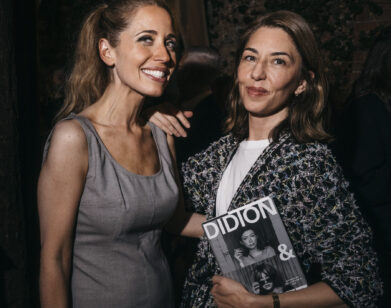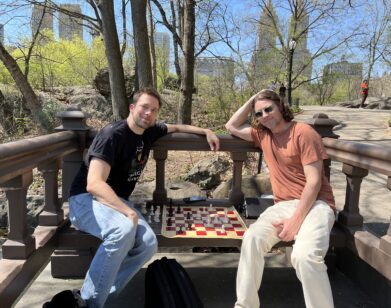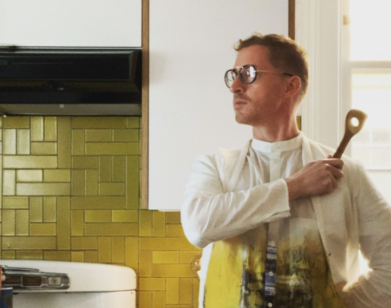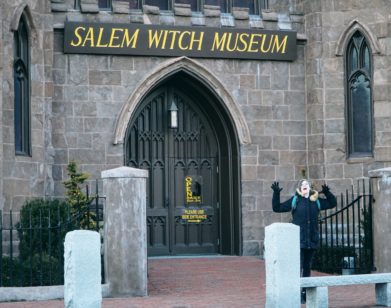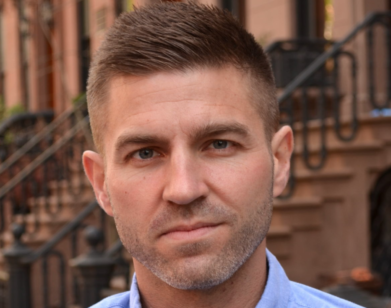lit!
The Making of Andrew Lipstein’s Last Resort
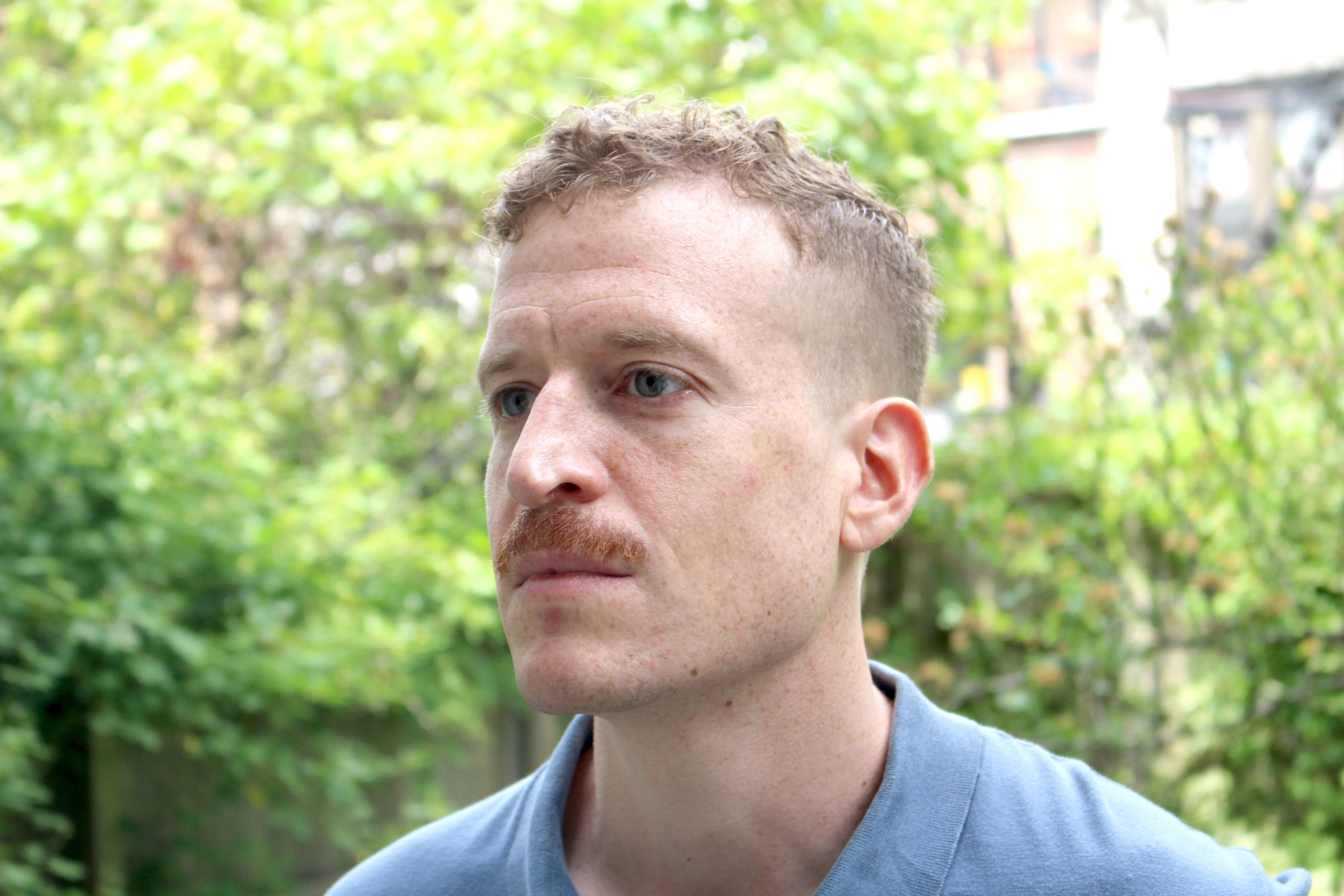
Photo by Mette Lützhøft Jensen.
Andrew Lipstein’s debut novel about literary fraudulence and creative desperation—the main character, Caleb, steals the plot for his name-making novel from a friend, and swerves wildly around his own dreams and success fantasies to keep his head above water—is a blissfully wicked work of art. But what exactly inspired the twists and turns that fill this lightning-streak of a novel? Here, the Brooklyn-based writer, who is currently riding out his own publishing success in Denmark with his wife and son, shares the key inspirations that brought Last Resort to life. —CHRISTOPHER BOLLEN
———
“Given that I’ve written a book that interrogates the idea of artistic inspiration, I should have a better answer to the question, ‘What inspires you?’ The truth is heavy and complicated: I wasn’t even conscious of my biggest influences until Last Resort was complete. A family member’s tragic injury. A lengthy dispute I had with a former friend. My own artistic failures. But here are some very real objects and experiences I had on my mind as I was writing. Some are from ages ago, some from just days before I created that fateful Word document.”
Paros, Greece
It’s not giving too much away to say that the central event of Last Resort is a foursome between two American honeymooners and two strangers on the Greek island of Paros. Sadly, I never experienced such an affair myself. In fact, I’ve never even had a foursome. But I did take a fateful trip to this beautiful slice of the Aegean Sea more than a decade ago, and it stuck with me as a fabulous place for a fabulously horny bash to unfold.
Edward St Aubyn’s Patrick Melrose novels
I inhaled these five books—and then the Showtime adaptation, the only time I’ve been able to stand Benedict Cumberbatch—just before starting Last Resort. The words “funny” and “humorous” are thrown around a lot these days to describe novels, but it rarely amounts to more than scenes where, say, a depressed man is talking out loud to his Pomeranian. St Aubyn’s humor is so dark, so real, so indifferent to its funniness. Reading the Patrick Melrose novels wasn’t just exhilarating, it was freeing. They gave me permission to do whatever the hell I wanted to on the page.
The law
I can’t help but love the law. My father was a lawyer. My mother was a law journalist. My brother might have been a lawyer, but the winds of fate took him to finance—his wife is a lawyer. The law is basically society’s superego. As such, it serves as both a major plot device and a way to reflect the psycho-emotional dynamic of characters. Literary law also underwrites the book’s big conceit—and I’m not giving too much away when I say that the law, like the best plot twists, usually involves a painful compromise.
The Last Resort in Last Resort
There’s a book within the book, also called Last Resort. It was easy to conceive of because… I had already written it. I may sound like a jackass by saying that I was inspired by myself, but you should know that I failed to sell that original novel, and it was devastating. But I did think a lot about how that book might have been successful—especially if there was a juicy meta-narrative that could have taken shape around it. (And the original manuscript wasn’t all for naught: it made writing the “excerpts” within the book as easy as copy-paste.)
Anger
Shortly before I started Last Resort, I went to a party. On the way there, I found out I wasn’t invited to an old friend’s wedding and drowned my disappointment in beer. Around the time I should have gone home, I spotted someone with whom I’d had a protracted disagreement—about ownership of stories and novelistic inspiration—from across the room. The alcohol wore off, but the displeasure stayed with me, and I put a lot of that anger into the book. Who said writers should be clear-headed and objective? My best writing has always come from my deepest sorrows, passions, resentments, and desires.

